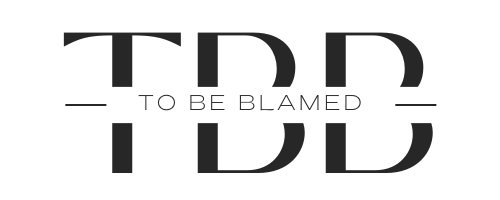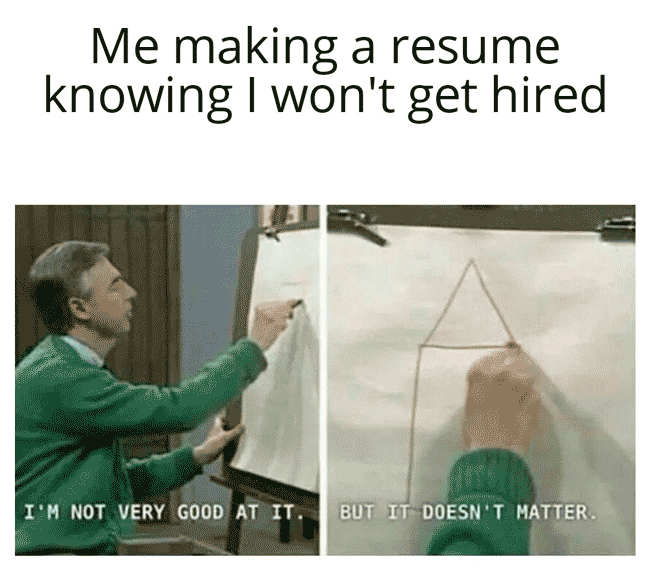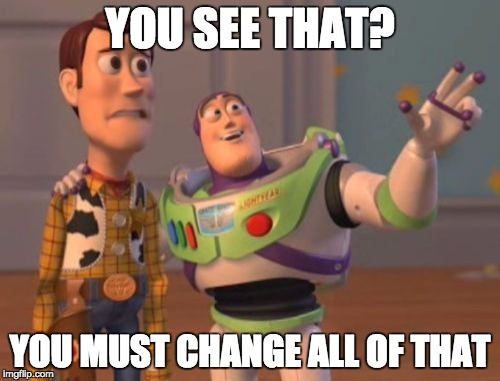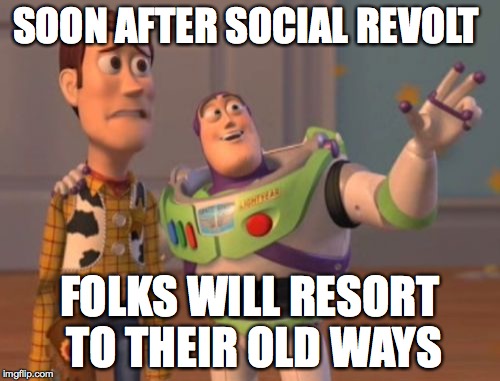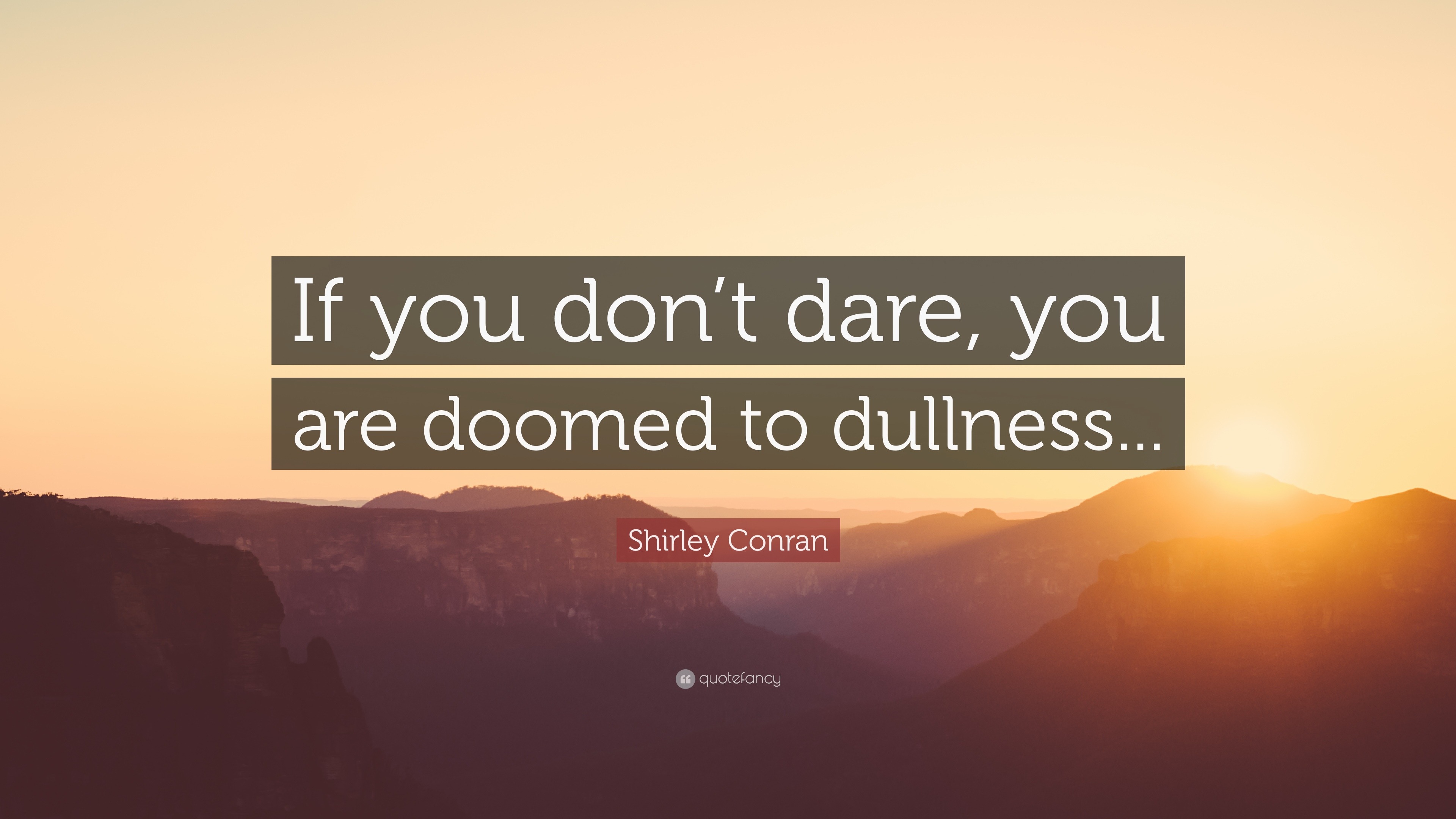Swipe back or get fired
The fight has become real and it’s definitely not a stress free one. These are the news we have seen over the last few months
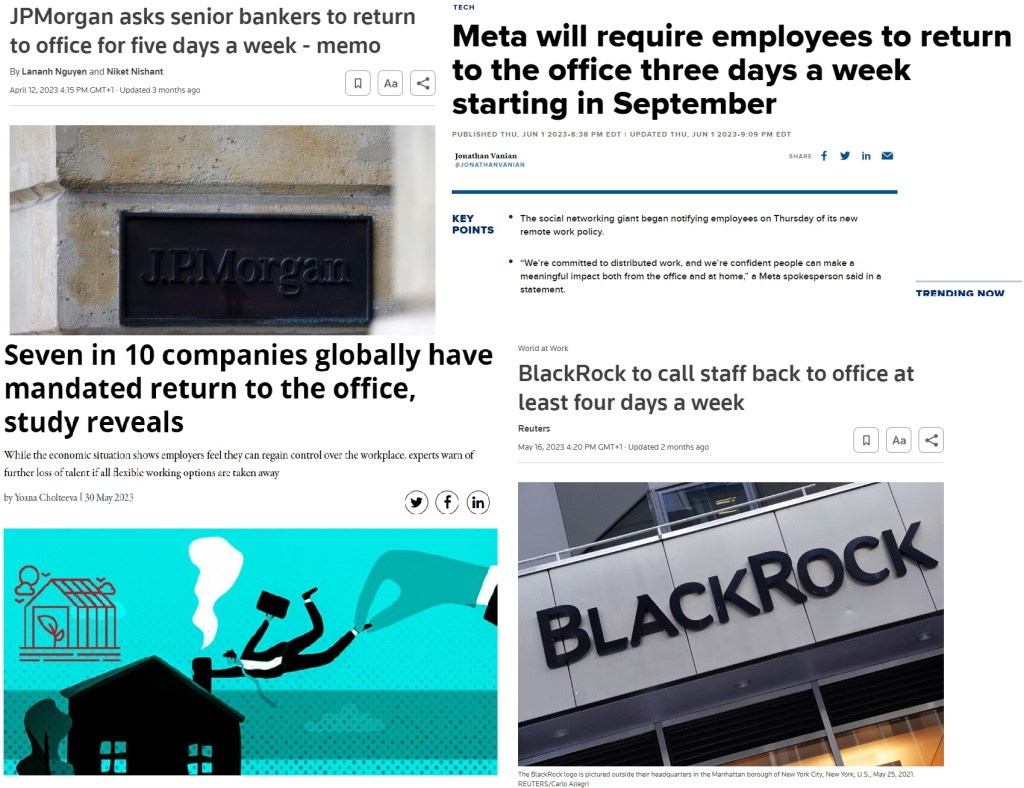
So it seems we have to surrender to the wishes of the big companies and all return to pre-pandemic and be back in the office.
But why are companies demanding employees to be back?
They mostly cite that in-person collaboration is invaluable and it fosters innovation. The reality is, there is probably a political aspect of local governments pushing bigger companies to bring their employees back as it hurts the economic centers and the businesses around them if people work from home.
In my mind there is an aspect of trust too. Let’s face it, for a lot of people they don’t trust what they don’t see and they believe if employees are home they are slacking and not being as productive, even though again and again there are studies that comfirm otherwise.
The impact for the employees
While there are indeed very good reasons to be in the office as a team, to brainstorm together and foster more personal relationships or welcome new joiners into the team, companies have failed to really articulate where it really improves performance.
Working from home ended up blurring the lines between rest and work with many employees struggling to switch off and working much longer hours. Yet it is interesting that despite all of this, the reality is they still prefer to maintain such arrangements. After all flexibility is the key. Being able to make a choice and adapt to the circumstances can be quite invaluable.
However, what they are being told is that if they don’t swipe your card they could be fired (said no motivational speed ever). This adds a lot of unwanted stress, unless you a) prefer to be in the office and b) you actually believe the reasons the company is sharing with you to return.

Sourced from: https://www.usemultiplier.com/blog/empower-employees-to-fight-return-to-office-stresses
The fight back
The reality if employees are not convinced of the ask so they are fighting back. A good summary can be found in this BBC article here
Not even the looming recession or mass layoffs which have been seen in the news the last few months are stopping “the fight”. If you know something works why would you give up on it?
The fight is not new, has just escalated since covid. For years many working parents have tried to get some flexibility to be able to support their families, but it was a long lost battle in which one of the couple (mostly the mum) would give up working to be able to support the kids while the other half would put on all the long hours in the office.
Will be interesting to see how the fight continues and to which extend employees will get united (beyond specific areas where union exists – anyone living in the UK will know of all the strikes we’ve had for more than 1 year). Will they go to the office as asked but then stop adding all those extra hours in the evenings and consequently reducing productivity? Or will they quit and search for places where the flexibility is being offered?
After all, right now we have globalization and the world can be your oyster.
Be careful with what you wish for
As we have seen in several studies, productivity had increased with flexible working and remote working. On average, companies have benefited from increased performance and productivity as the days have become a lot longer even if employees need to do breaks middle of the day (go to the doctor, get the kids from school).
If employees are doing something to tick a box, it won’t certainly make them any more collaborative or innovative, on the contrary. Instead, they will use their commute to search for companies which still offer the flexibility they value. And they will jump out when the opportunity comes.
The companies that will succeed long term, are those that are willing to embrace new ways of working, thinking and collaborating together and are not bound by the rules of the past. Adapt or die.
Further reading
Other articles I wrote on the topic
